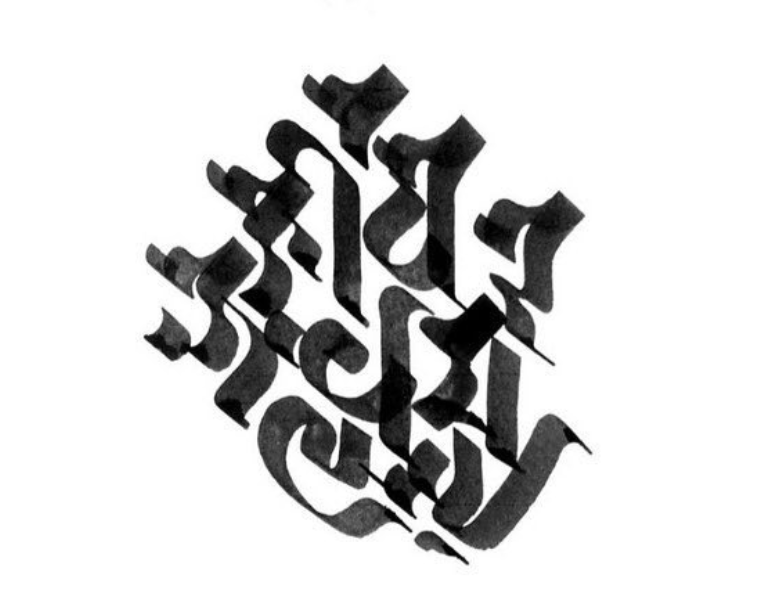Sacred Time, Purusottama’s month, and Prostrative Prayer

I learned recently that the (greek?) bible uses two words for time, chronos and kairos. While chronos refers to chronological or sequential time, kairos signifies a proper, critical, or opportune "time" for action. In other words, the former is quantitative in nature and the latter is qualitative in nature.
When Krishna says, "Time I am the destroyer of worlds" or "Of subduers, I am time," he appears to be referring to chronos. Even a momment of chronos lost in unconscious living cannot be returned to one even for all the riches in the world; such is its value.
What is he value of a prolonged life which is wasted, inexperienced by years in this world? Better a moment of full consciousness, because that gives one a start in seraching after his supreme interest.
This Bhagavat purana verse spoken by Sukadeva Gosvami to the cursed-to-death Pariksit, who consequently had only seven days to live, sought to encourage the (apparently) ill-fated king by making him consciousness of the sacred opportunity (kairos) imbedded even in the tragic unfolding of one's destiny (chronos). All time (chronos) potentially contains the seed of a transformative kairos if we, like spiritual prospectors, can excavate it with the tool of heightened awareness.
And so the spiritual traditions the world over have sought to carve out regitmented kairos in the day, week, month, year, and life of those committed to the cause of their own inner evolution and enlightenment.
In India, during the raining season, which is just underway, there's a kairotic (I think this word is made up lol) period known as caturmasya wherein spiritual practitioners avail themselves to the opportunity of the restrictions to normal life created by the downpour of rain. It is as if nature has invited one to gather one's powers of awareness and fix it within, "the time of awakening for the introspective sage" [Gita 2.69]. Such interally orientated sages augment their fire of spiritual practice (tapa=heat=austerity=fix mind on one point) as response to the invitation of nature to look within.
This year, within this kairotic period of caturmasya, there's a rarely appearing kairotic month known as purusottama-masa, the month of the Supreme Person (Krishna). It's rare becasue it appears about every 36 months on the lunar calander as an extra month (adhika-masa) to (ostensibly) re-synchronize the solar and lunar calendars. Its fuller charming story can be read here. As all months have a sacred deity, this month too has a sacred deity, viz. Radha-Krishna-yugala who is to be worshiped daily with ghee lamp as one worships Damodara during the month of kartika.
As with all kairotic containers, pilgrims and saintly persons accept nature's invitation for augmented tapasya by performing a complex of crafted practices suitable to their path and ideal. Among the many crafted practices for vaisnavas, including recitation of chapter fifteen of bhagavad-gita traditionally knowns as purusottama-yoga, is a pilgrimage to holy vrindavan for performing the sacred dandavat-parikrama of Govardhana Hill! I have heard that the dhama during this time becomes packed with pilgrims performing this sacred rite (for other ideas for crafting a personal practice see here).
It was my original plan to return to vrindavan for participating in this sacred rite in honor of the sacred month. Unfortunately, not being able to do so, in its stead I would like to offer 108 dandavats everyday this month, along with recitation of gita's purusottama-yoga chapter, and a simple worship of radha-krishna yugala. This article is also an invitation to friends who would like to have sanga this month by undergoing tapasya together. If open to the invitation, join me on zoom here every day of the month (starting this Tuesday!) at 8am EDT.
Who is that person who would neglect the opportunity and invitation of nature and God for our own effloresence?
